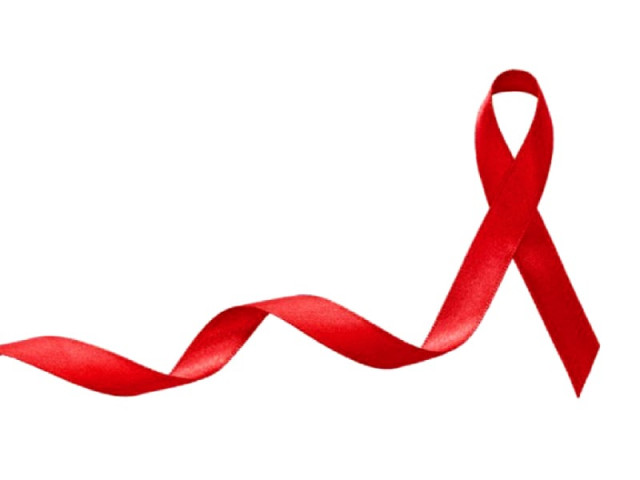Tackling AIDS
AIDS prevention will remain impossible till moral caution associated with discourse on its victims is not relinquished

It is impossible to ensure AIDS prevention without regulatory health measures which, in turn, cannot be administered without formally recognising that the commerce of drugs and sex is a budding part of the informal sector. However much the authorities thunder over the illegalities of such trade, the smooth thrive of these industries is a rude reality. From Lahore to Multan to Faisalabad to Peshawar to Hyderabad to Karachi. There is a limit to how much we can lie by silence. Unless the government warms up to the idea that it has been unsuccessful in rooting out these trades, AIDS prevention and treatment will remain an impossible policy target and the numbers of victims will continue to soar. The ostracised members of our discriminatory social milieu need to brought into the conversation, with the government ensuring that these individuals have steady access to information on AIDS prevention, along with the necessary equipment that can curb incidence. It would do us well to remember that the eradication of the HIV virus is not simply a domestic obligation that can be dealt with flippantly; it is a promise that Pakistan has repeatedly made to the world at UN forums.
Published in The Express Tribune, December 20th, 2014.
Like Opinion & Editorial on Facebook, follow @ETOpEd on Twitter to receive all updates on all our daily pieces.















COMMENTS
Comments are moderated and generally will be posted if they are on-topic and not abusive.
For more information, please see our Comments FAQ